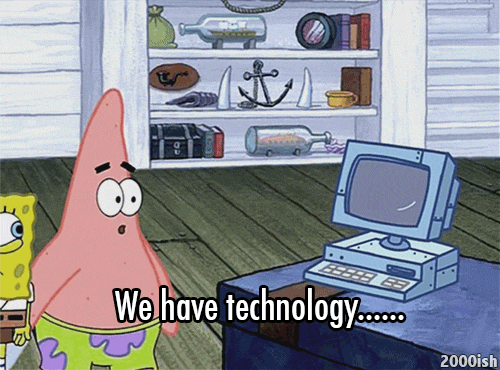This is the second in a series of posts, wherein we’ll be discussing the origins and evolution of insurance industry outsourcing. The first post discussed the economic origins of insurance industry outsourcing. In this post, we discuss how technology enabled outsourcing for new markets.
Technology is the Necessary Enabler
Technology has had a transformative impact on the way almost every industry does business over the past 20 years. It has made some businesses obsolete—Blockbuster and Toys “R” Us are two of the big ones that come to mind—but it has also enabled so many more, including business process outsourcing (BPO). Once reserved for only the biggest insurance organizations, technology leveled the playing field and made BPO services available to the broader insurance industry.
Effective BPO Requires Smooth, Affordable Communications
It wasn’t that long ago that you were charged for every phone call and international calls were considered prohibitively expensive. Given that the telephone was the only efficient mode of communication available at the time, business process outsourcing was an unrealistic option for all but the biggest companies, because they had the volume of work that made it cost-effective to leverage the benefits of a distributed, highly-educated, inexpensive workforce to process back-office functions.
Emergence of New Technologies
In the 1990s things changed. We experienced the emergence of three foundational technologies that would transform the way we communicate and do business: email, broadband, and cellular.
The convergence of these three technologies made business process outsourcing for all industries, including insurance, a cost-effective option to solve a whole host of business challenges. Here’s why:
- Email — Email is an ideal communication channel between companies and outsourcing partners. It’s simple to use, can serve as a record of events, and its cost is negligible. Email enabled the efficient communication flow necessary for effective BPO service.
- Broadband — While you can use email to communicate about work, the actual work needs be transported or transmitted back and forth. The expansion and availability of broadband allowed companies to send work files in seconds, at a very low cost. The early years of sending boxes of paperwork offshore to “process” was replaced by an Internet connection and access to Terminal Server, Citrix or VPN.
- Cellular — Cellular communication’s impact on BPO outsourcing was more indirect, but still impactful. Simply put, cell phones drove down the price of standard communications to the point that all telecom charges, including international calling, became much more affordable. Today, VoIP (voice over Internet protocol) technology, such as Skype and Zoom, has further brought down communication costs, to the point that they’re incidental in most cases.
New Drivers for BPO
In our coming posts, we’ll discuss how the state of the insurance industry has created new drivers for BPO services, including a growing talent issue; the need to innovate; increasing customer service demands; new disruptive technologies and players; and more. We’ll talk about how both insurance companies and service providers are responding to this new disruptive business environment.
Are you well-equipped and prepared to usher in this new age of tech? Learn more about how our technology solutions can give you the edge you need.






